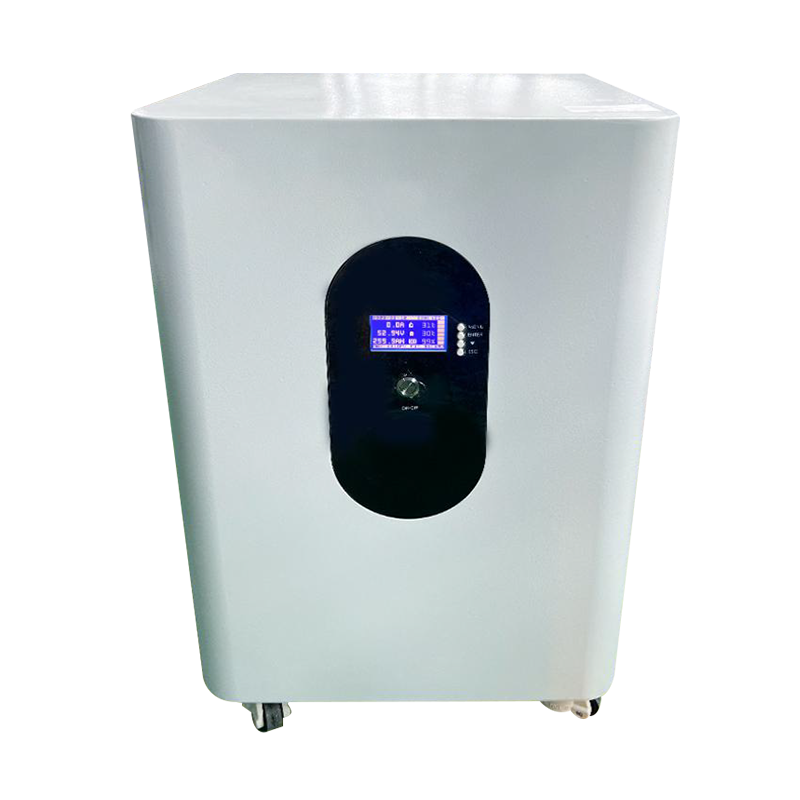
-
[email protected]

-
Building 1, No. 21 Shengfa Road, Lucheng District, Wenzhou, Zhejiang, China


The rapid evolution of lithium battery technology continues to transform how we store and use energy across industries. As the demand for efficient, high-performance energy solutions grows, lithium batteries have emerged as the pilot choice for applications ranging from electric vehicles to renewable energy storage. These advanced power sources offer predominant energy density, longer lifespans, and faster charging capabilities compared to traditional battery technologies, making them indispensable in our increasingly electrified world.
Recent advancements in lithium battery chemistry and design have significantly improved performance metrics. Engineers have developed new electrode materials and electrolyte formulations that enhance both capacity and safety. Modern lithium battery systems now achieve higher energy density while maintaining stable operation across wider temperature ranges. Some innovative designs incorporate silicon-based anodes or solid-state electrolytes, pushing the boundaries of what lithium battery technology can accomplish. These improvements translate to longer runtimes for devices and extended ranges for electric vehicles.
The electric vehicle sector remains one of the largest drivers of lithium battery innovation. Automakers continue to adopt increasingly sophisticated lithium battery packs that deliver greater mileage between charges while reducing overall weight. Fast-charging lithium battery systems can now replenish lots of of their capacity in under an hour, addressing one of the key concerns for potential EV adopters. The recycling and second-life applications for electric vehicle lithium batteries are also gaining attention, creating more sustainable usage cycles for these valuable energy storage units.
Energy storage systems represent another critical application for lithium battery technology. As renewable energy sources like solar and wind become more prevalent, lithium battery installations provide essential grid stabilization and power storage solutions. Large-scale lithium battery arrays can store excess renewable energy during peak production periods and release it when demand increases. This capability makes lithium batteries vital components in the transition toward cleaner, more resilient energy infrastructure worldwide.
Safety remains a primary focus in lithium battery development. Manufacturers have implemented multiple protection mechanisms including advanced battery management systems, thermal controls, and fail-safe designs. New testing protocols ensure lithium battery products meet rigorous safety standards for various applications. These measures have significantly reduced risks while maintaining the high performance that makes lithium battery technology so valuable across industries.
Consumer electronics continue to benefit from lithium battery advancements. Smartphones, laptops, and wearable devices now feature slimmer designs with longer battery life thanks to improved lithium battery formulations. The development of flexible and thin-film lithium battery options enables innovative product designs in portable electronics. Fast-charging capabilities have become standard in many consumer lithium battery products, significantly improving user convenience.
Industrial applications for lithium battery systems are expanding rapidly. From power tools to medical equipment and aerospace applications, lithium batteries provide reliable, high-performance energy solutions. Their combination of lightweight construction and high power output makes lithium battery technology particularly valuable in applications where weight and space constraints exist. Many industrial lithium battery systems now incorporate smart monitoring features that optimize performance and predict maintenance needs.
As global energy needs grow and electrification expands across sectors, lithium battery technology stands ready to meet these challenges. Its unique combination of performance, versatility, and improving sustainability makes lithium batteries essential to our energy future. With ongoing research and development, lithium battery systems will likely become even more efficient, affordable, and environmentally responsible, solidifying their position as the cornerstone of modern energy storage solutions.
Your email address will not be published. Required field are marked*
